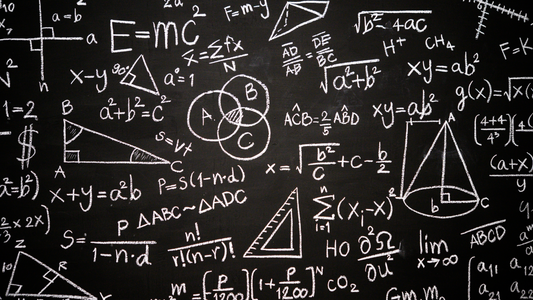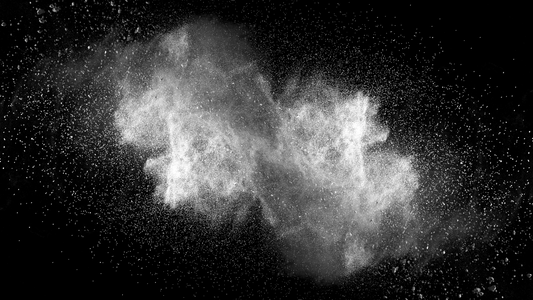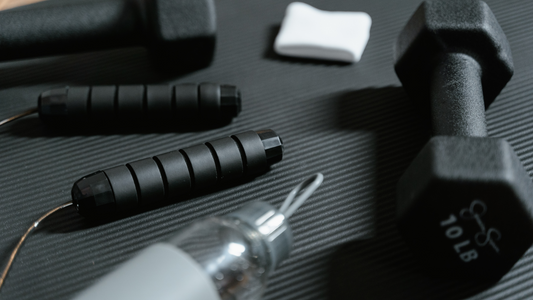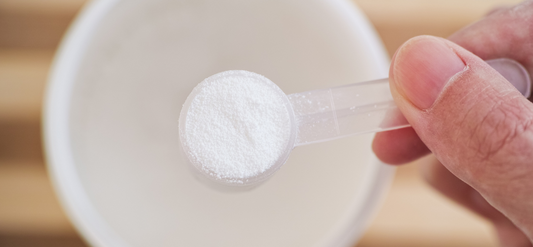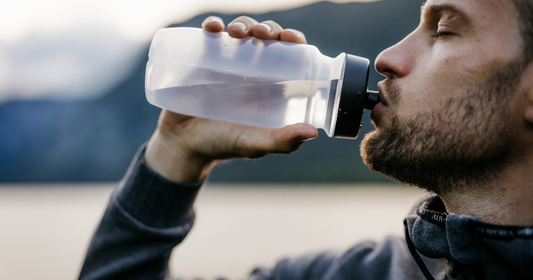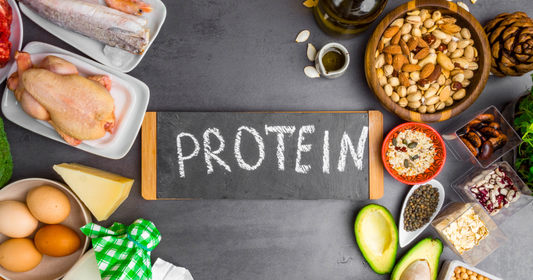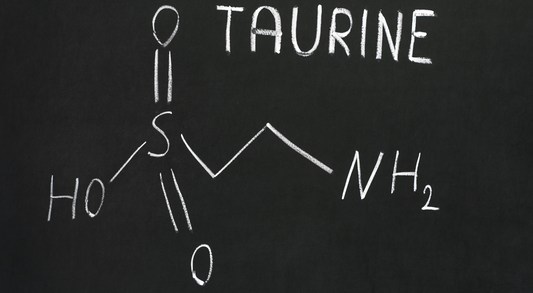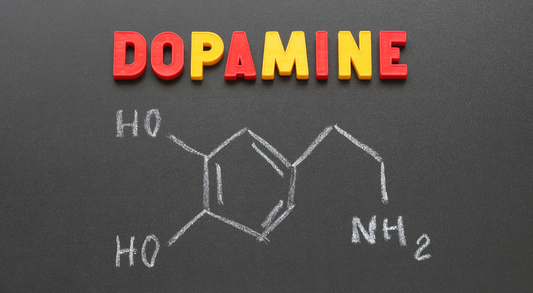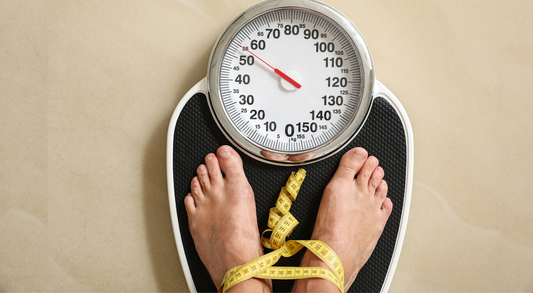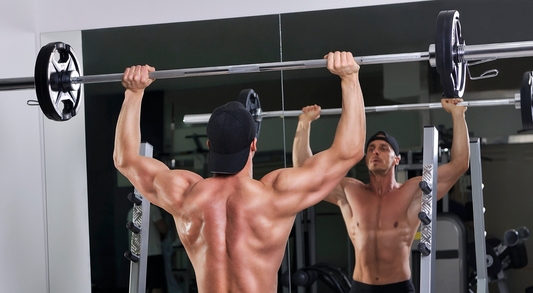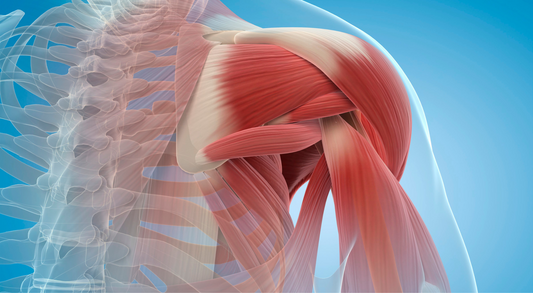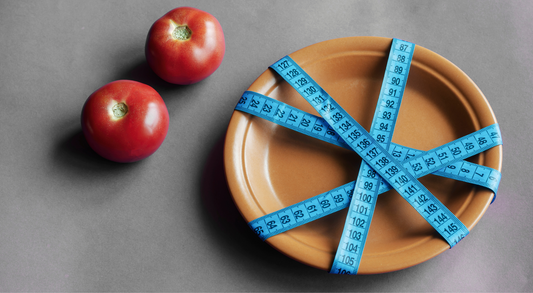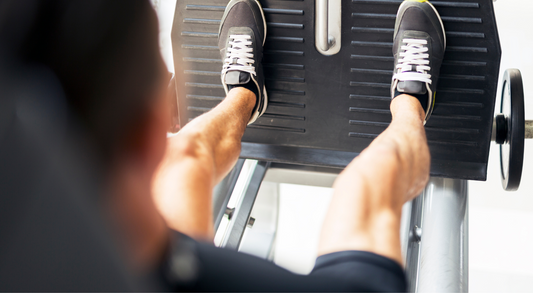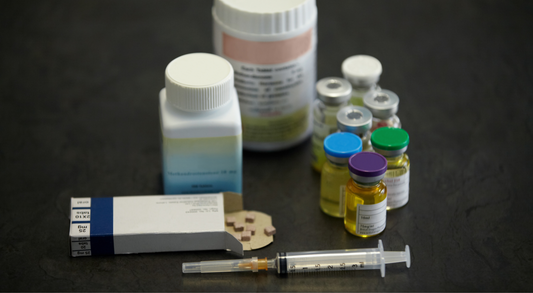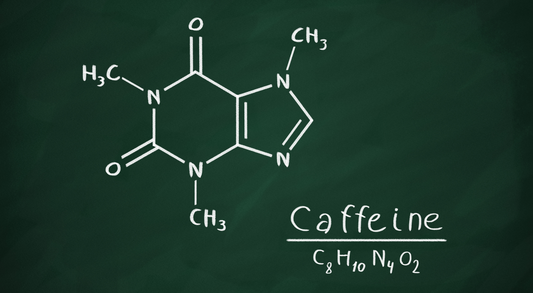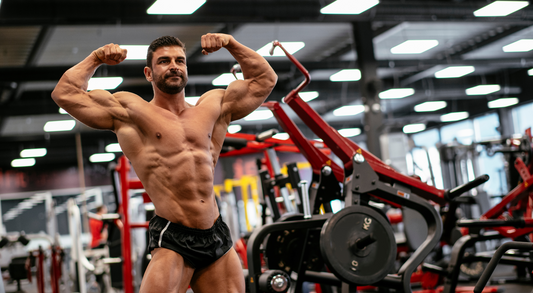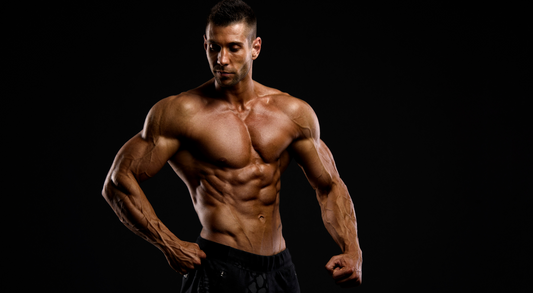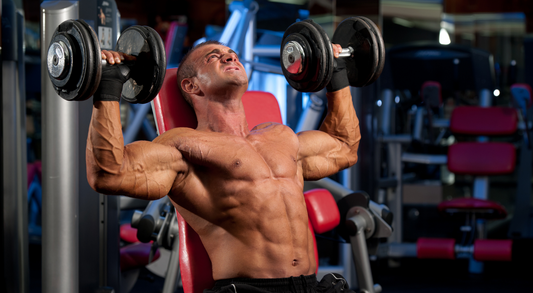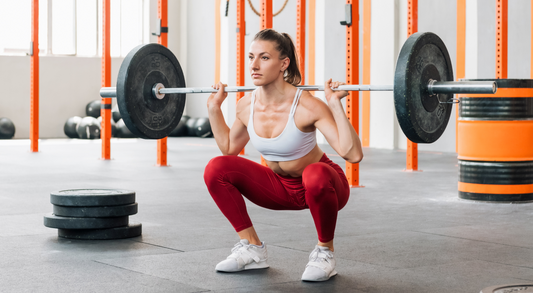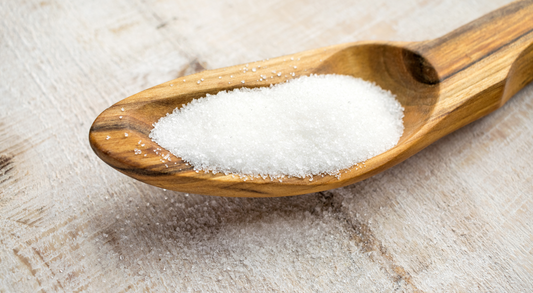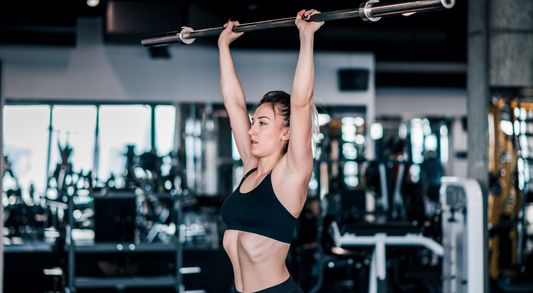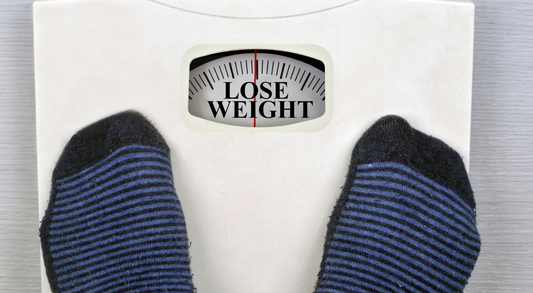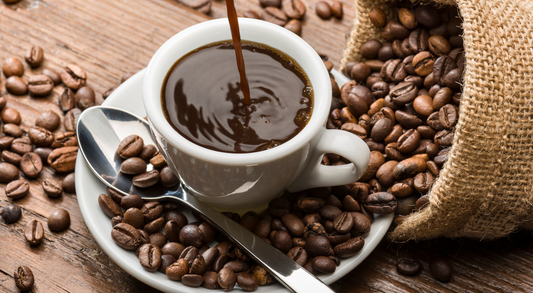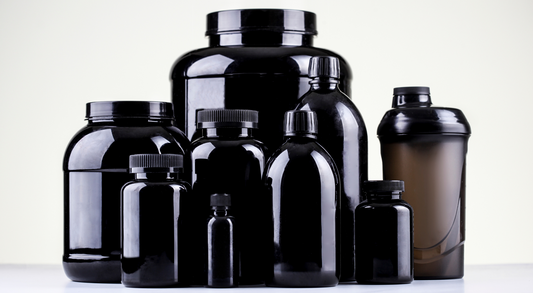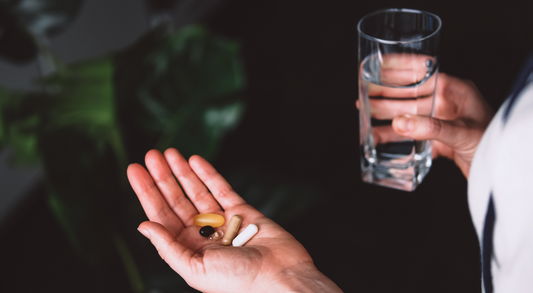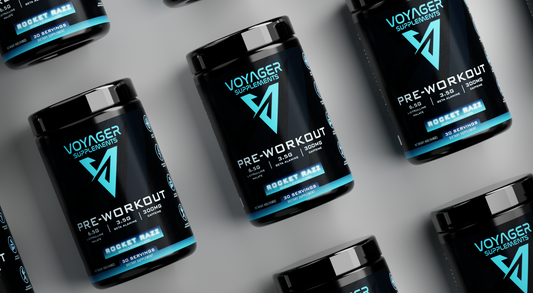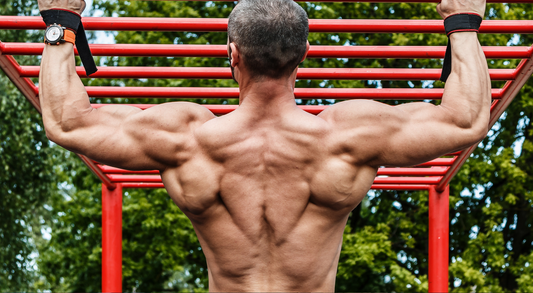Protein is the building block of muscle. For those looking to maximize muscle growth, understanding the importance of protein and how to incorporate it into your diet is essential. In this article, we’ll explore why protein is so crucial and provide tips on how to ensure you’re getting enough.
What is Protein?
Protein is a macronutrient made up of amino acids, which are essential for building and repairing muscle tissue. It plays a vital role in almost every biological process in the body.
Why Protein is Important for Muscle Growth
- Muscle Repair and Growth: After intense exercise, your muscles need protein to repair and grow stronger. According to a study published in the American Journal of Clinical Nutrition, consuming protein after exercise helps enhance muscle protein synthesis, aiding recovery and growth (Phillips, 2014).
- Satiety and Weight Management: Protein can help keep you feeling full longer, which can aid in weight management. A study by Paddon-Jones et al. (2008) found that higher protein intake can help preserve lean muscle mass during weight loss.
How Much Protein Do You Need?
The amount of protein needed varies based on factors like age, sex, and activity level. The general recommendation for those engaged in regular exercise is about 1.2 to 2.0 grams of protein per kilogram of body weight (Morton et al., 2018).
Best Sources of Protein
- Animal-Based: Chicken, beef, fish, eggs, and dairy products.
- Plant-Based: Beans, lentils, tofu, quinoa, and tempeh.
Tips for Incorporating Protein into Your Diet
- Include Protein in Every Meal: Aim to have a source of protein with every meal and snack.
- Protein Supplements: Consider using protein shakes or bars if you struggle to get enough protein from food alone. Check out our pre-workout product for that added boost to your workouts!
- Pre- and Post-Workout Nutrition: Consume a protein-rich snack before and after workouts to support muscle repair and growth.
Understanding the role of protein in muscle growth can help you make informed dietary choices that support your fitness goals. By incorporating high-quality protein sources into your diet and ensuring you get enough protein, you can maximize muscle growth and improve overall health.
References:
- Phillips, S. M. (2014). A brief review of critical processes in exercise-induced muscular hypertrophy. Sports Medicine, 44(S1), 71-77.
- Paddon-Jones, D., et al. (2008). Protein, weight management, and satiety. The American Journal of Clinical Nutrition, 87(5), 1558S-1561S.
- Morton, R. W., et al. (2018). A systematic review, meta-analysis and meta-regression of the effect of protein supplementation on resistance training-induced gains in muscle mass and strength in healthy adults. British Journal of Sports Medicine, 52(6), 376-384.


